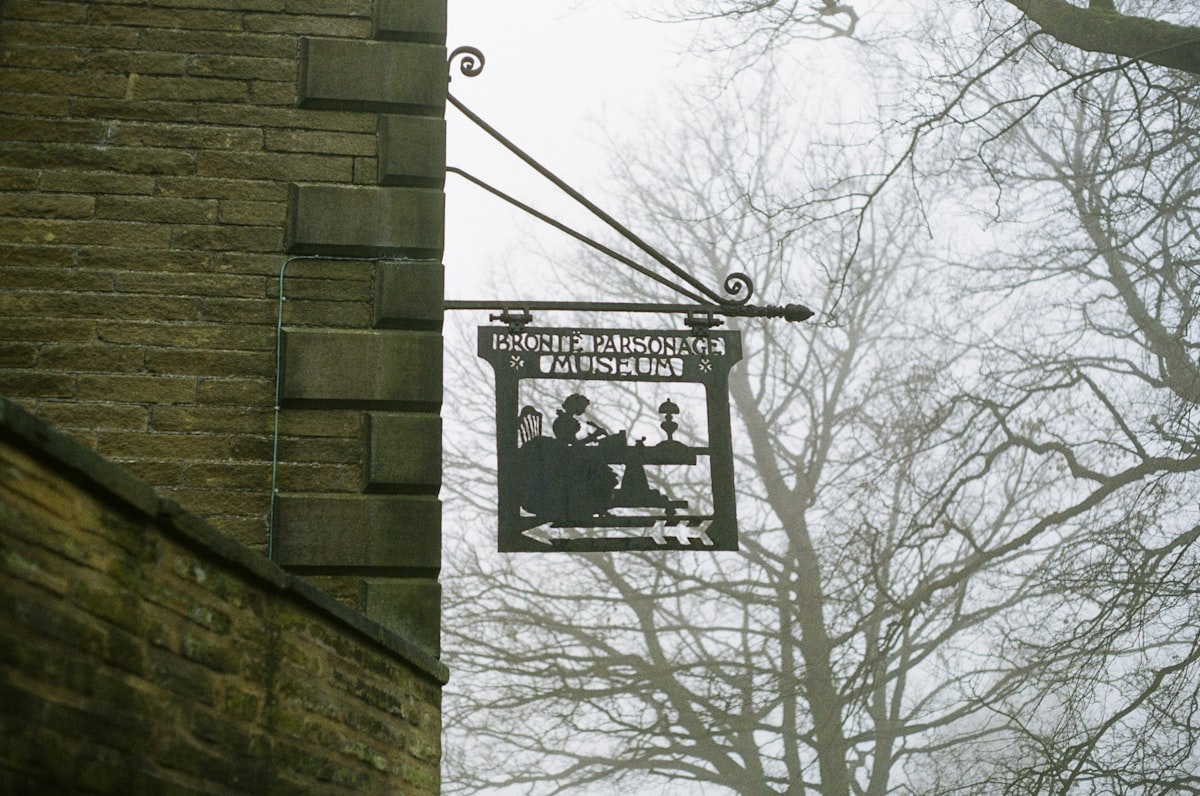Wuthering Heights

Nothing raises the standard of revolt inside a teenage mind more than a strict order prohibiting it from doing something.
With all the hormones raging inside, my young mind, which had just crossed the threshold of teenage, wanted to make its presence felt. While Shakespeare would have summarised my predicament as one arising out of the transition between the second and the third ages, my role in the act was yet to make itself clear. While Alfred Noyes was yet to make an entry with his evergreen poem The Highwayman, there was some Shelleyesque underpinning to romanticism brewing in my heart. I wanted to do something different, something lasting.
As idle as a painted ship
Upon a painted ocean
When Samuel Taylor Coleridge’s used these lines to describe the pain of the Ancient Mariner, little would he have known how aptly these words would ring for a teenager centuries and seas apart. Thrown into the doldrums of inactivity that only a small town in the hinterland could generate, my wait for an opportune moment and a task worthy of my attention seemed unending. However, the necessary stimulus was given unwittingly by my English teacher when she said “don’t read Wuthering Heights, as it’s way beyond your age”.
Consider telling the wind to change its course or ordering fire not to singe. Do the forces of nature subjugate themselves to your commands? Are they subject to the whims and fancies of a capricious mind. They follow their own course. Similarly, when you tell a teen not to do a thing, consider it done, for that’s how things are. That’s how things would be.
Were I then aware of Paulo Coelho and his groundbreaking work The Alchemist, I would have claimed that the entire cosmos was conspiring to let me read Wuthering Heights, as around the time when I was trying to figure out a way to get a copy of the book, an article in a newspaper caught my attention. It was about Ruskin Bond and his one night adventure in his aunty’s study, where he undertook the task of reading a book that was proscribed by his elders. No marks for guessing. The book was Wuthering Heights. And he read it in one night, at one go.
After months of waiting, I finally managed to get a copy issued in my name from the school library and embarked on a journey that was to leave its indelible marks on my impressionable mind and make me a slave of words. A slavery I have come to cherish, insofar as when I am not shackled, I feel incomplete. Of all the addictions I may be held guilty of, this one affinity to books is something I never intend to quit on.
To Wuthering Heights then. The tale revolves around Heathcliff, a vagabond rescued and brought up by one Mr Earnshaw. Heathcliff grows up with the children of his benefactor, beginning to love the latter’s daughter Catherine as much as he hated her brother. However, torn between the choice of social acceptance and uninhibited freedom, Catherine rejects Heathcliff’s advances, forcing him into exile. After a few years, Heathcliff returns a rich man, with a burning passion in his black heart. When his schemes do not work, he embarks on a rather twisted journey to wreak vengeance on the family of his benefactor.
While unrequited love and concomitant hatred form the basic premise of this dark narrative, it’s the manner in which Heathcliff unleashes his fury and the sheer force of his passion that make the story stand apart. Neither is he an archetypal protagonist nor a villain. Caught between the world of difference these two words entail, Heathcliff assumes the garb of an anti-hero. Supplicant in his love, menacing in revenge, Heathcliff brings about the downfall of the house of Earnshaw. However, in the end, he does have a change of heart, but by then it’s too late.
Love has been the central theme of most of the literary works I have come across since my childhood. However, in most cases, love was transcendental, pure and selfless. This was the first instance of my having read a work where love was criminally selfish and destructive. The very passion manifested by Heathcliff did nothing apart from generating revulsion. There was something about him that did not elicit respect. He remains the sole protagonist I don’t want to emulate, followed closely by Philip Carey (Of Human Bondage). While Heathcliff seldom manages to evoke pity, there’s something about his presence throughout the book that makes it eerie.
Reading a good book demands patience. It’s a habit that takes years to cultivate and a few days to lose. Wuthering Heights is a book you have to be patient with. There are parts where it might seem dragging, but those who are aware of the virtue stand to gain a lot. Thanks to Emily Bronte for bringing to life a rather twisted protagonist with all the follies of an antagonist.




